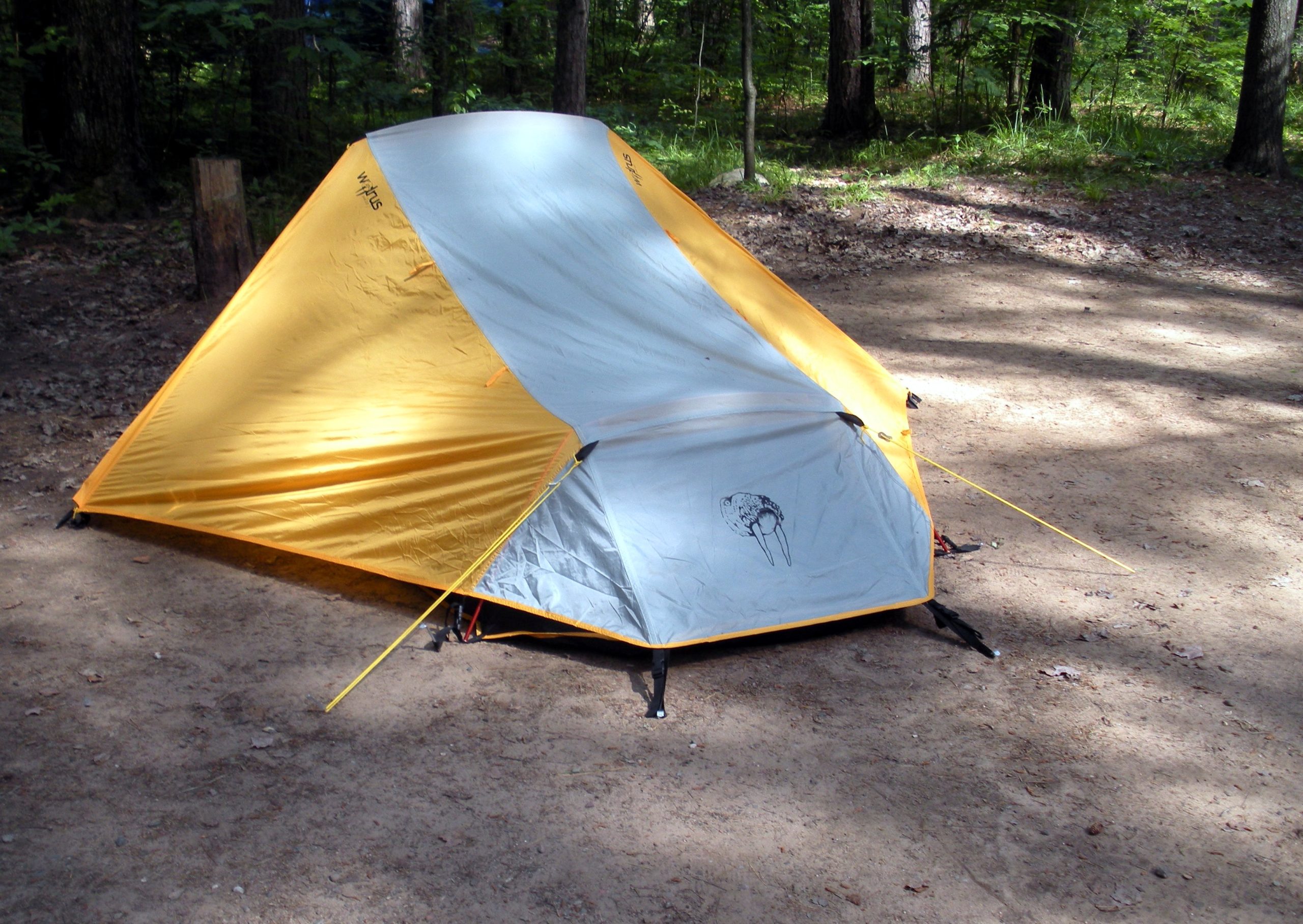Backpacking tents are a key element of comfort while on the trail. When shopping for a new backpacking tent, there are many factors to consider, including weight.
The lighter the tent, the easier it is to carry and the less strain it puts on your back. However, lighter tents also tend to be less durable and less protective against the elements. So how much should you weigh when picking out a backpacking tent?
Weight vs Durability
When deciding on a tent for backpacking, it’s important to find the right balance between weight and durability. Many lightweight tents offer good protection from wind and rain but can easily rip in strong gusts or when set up incorrectly. Conversely, heavier tents are more durable but also add extra pounds that must be carried on the trail.
Weight Savings Techniques
To save weight without sacrificing too much in terms of protection or quality, look for tents that use aluminum poles instead of fiberglass poles and nylon fabrics instead of heavy canvas fabrics. Also look for features like vestibules or rain flys which can provide extra protection without adding too much additional weight. Additionally, look for lightweight stakes that won’t add too much extra bulk to your pack while still providing enough stability to hold your tent down in windy conditions.
Ultralight Tents
For those who want to reduce their pack weight as much as possible without compromising comfort or protection, ultralight tents offer an excellent solution. These tents usually weigh just 2-3 pounds (1-1.5 kg) and often use advanced materials like Dyneema Composite Fabric or cutting edge designs like geodesic domes to provide superior strength-to-weight ratios. Ultralight tents typically cost more than their heavier counterparts but can make a big difference in terms of overall comfort and enjoyment during long trips into the wilderness.
Conclusion
When choosing a backpacking tent, it is important to consider both weight and durability so you can find the right balance between comfort and protection from the elements. Lightweight options offer convenience but may not last as long as heavier models, while ultralight options often cost more but provide superior strength without adding too much bulk to your pack. Ultimately it comes down to personal preference – some prefer carrying lighter loads while others prefer having more robust protection from harsh weather conditions on their trips into nature’s wildest places.
Conclusion: How Heavy Should Your Backpacking Tent Be?
The ideal backpacking tent should strike a balance between weight and durability so you can enjoy maximum comfort with minimal effort when carrying your supplies into nature’s greatest places. Lightweight options may not last as long but still provide adequate protection from rain or wind; however, if you want something even lighter without sacrificing quality then ultralight models may be worth considering – just keep in mind they tend to cost more than other varieties of backpacking tents.

